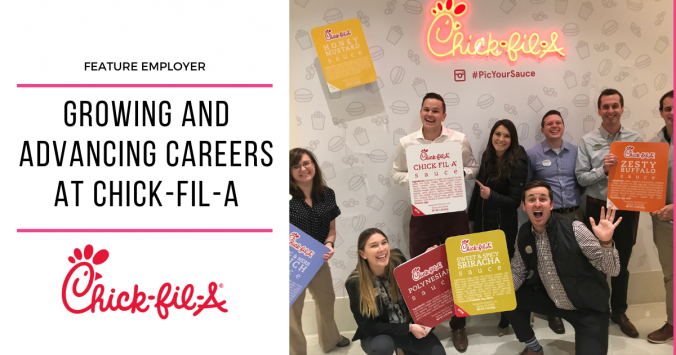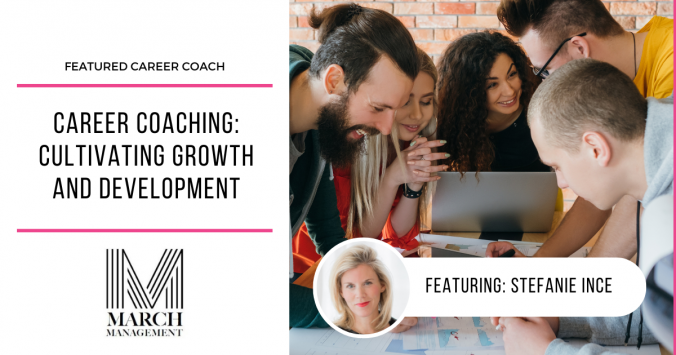In today’s highly competitive job market, transitioning from post-secondary education to a successful career can be challenging for many students. However, the guidance and support of dedicated career educators can transform these challenges into opportunities for growth and achievement. Here are the top five ways career educators can help post-secondary students navigate their paths to success.
Personalized Career Counseling
A personalized approach allows career educators to listen attentively to students’ aspirations, strengths, and goals, paving their road to success. Career educators gain profound insights into their students’ unique talents and aspirations through individual appointments. They provide tailored guidance and meaningful support throughout the student’s academic and professional journey. Having a personalized approach empowers students to make well-informed decisions about their career paths and educational pursuits.
Resume Building and Interview Preparation
Crafting a compelling resume and acing interviews are pivotal skills students must master to thrive in the job market. Career educators become invaluable mentors in this regard, assisting students in creating impactful resumes that effectively showcase their achievements and potential. A resume workshop should be organized or recommended to cover topics such as proper formatting, organization, and relevant keywords to include. Moreover, suggesting mock interview sessions to your students provides constructive feedback to help them hone their communication and presentation skills. This comprehensive approach ensures that students are well-prepared to leave a lasting impression on potential employers.
Networking and Industry Insights
Career success is often contingent on establishing a solid network of professional connections and keeping current on industry trends. Career educators should actively promote networking opportunities, encouraging students to interact with industry professionals, alums, and potential employers. Additionally, recommend workshops and seminars featuring seasoned professionals offering valuable insights into industry trends, skills, and available job opportunities. By encouraging these interactions and sharing industry insights, career educators enable students to stay ahead of the curve and make informed decisions about their career paths.
Skill Development and Professional Growth
Academic accomplishments are essential; however, possessing diverse soft and technical skills is crucial for career success. Career educators act as skill development facilitators, identifying areas for improvement and recommending relevant training or courses to bridge skill gaps. By emphasizing the importance of continuous learning and professional development, they instill a growth mindset in students, enabling them to embrace challenges, adapt to changing circumstances, and seize new career opportunities. At Talentegg, we understand the importance of providing students with the needed support for a smooth school-to-work transition. This is why we offer E-learning courses to enhance your student’s soft skills and expand your career educator tool kit. With our comprehensive course offerings and user-friendly interface, TalentEgg’s E-Learning platform can be invaluable in empowering students with the skills and knowledge they need to succeed in today’s competitive job market.
Emotional Support and Resilience
Embarking on a career journey can be emotionally challenging, with students facing stress, uncertainty, and occasional setbacks. Career educators should provide not only academic guidance but also much-needed emotional support. They cultivate a positive and encouraging environment, instilling a sense of self-belief in their students. This emotional support, combined with resilience-building strategies, equips students to face challenges with confidence and determination, strengthening their mental well-being and fostering their capacity to persevere in adversity.
Conclusion
In brief, career educators are indispensable in shaping post-secondary students into confident and prepared professionals. They equip students with the tools to excel in their careers and instill a lifelong learning mindset. As the job market evolves, career educators remain instrumental in guiding students through their academic journey and empowering them to thrive in a competitive professional world. With their unwavering support and guidance, students can navigate their paths to success with clarity and determination.



